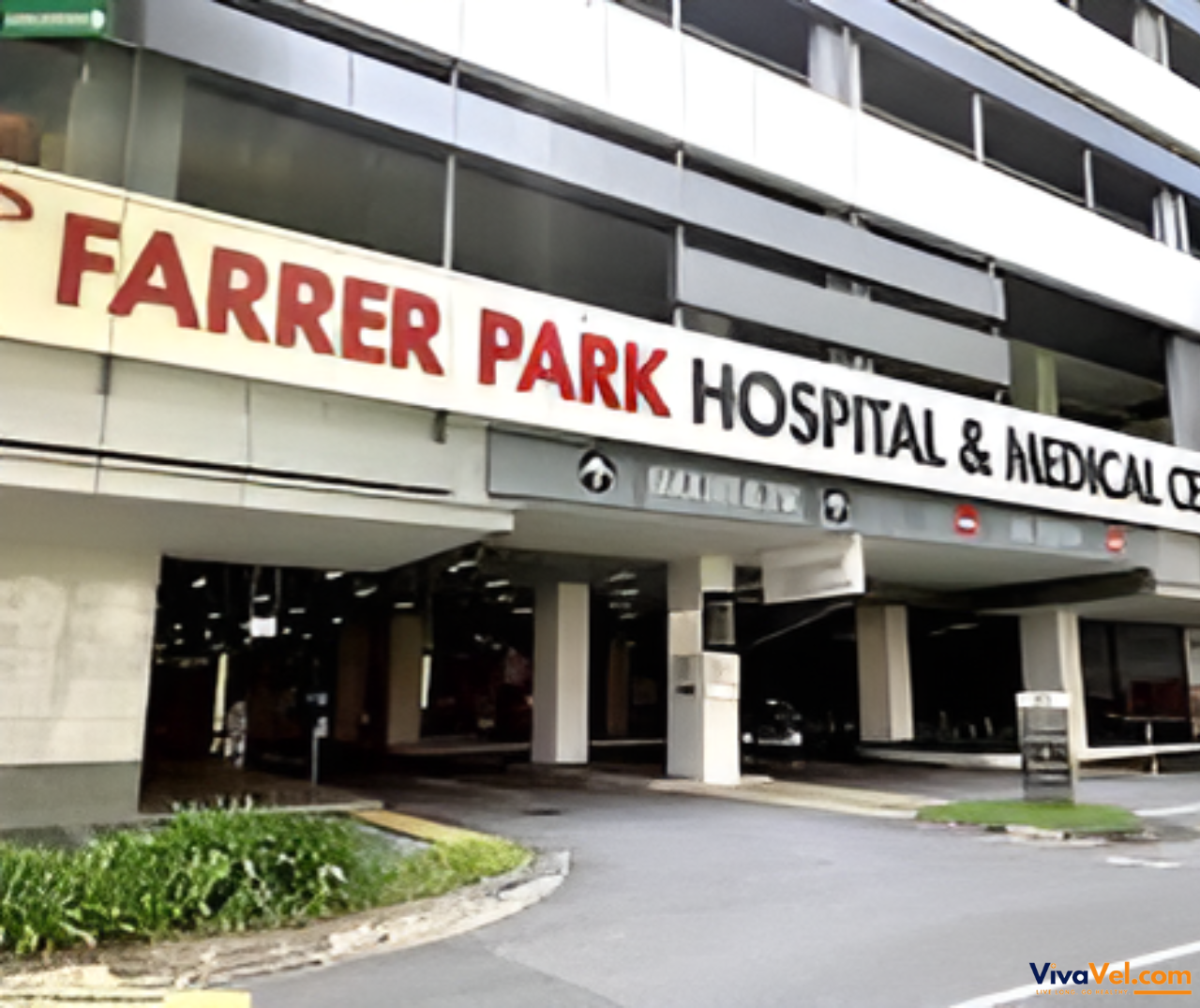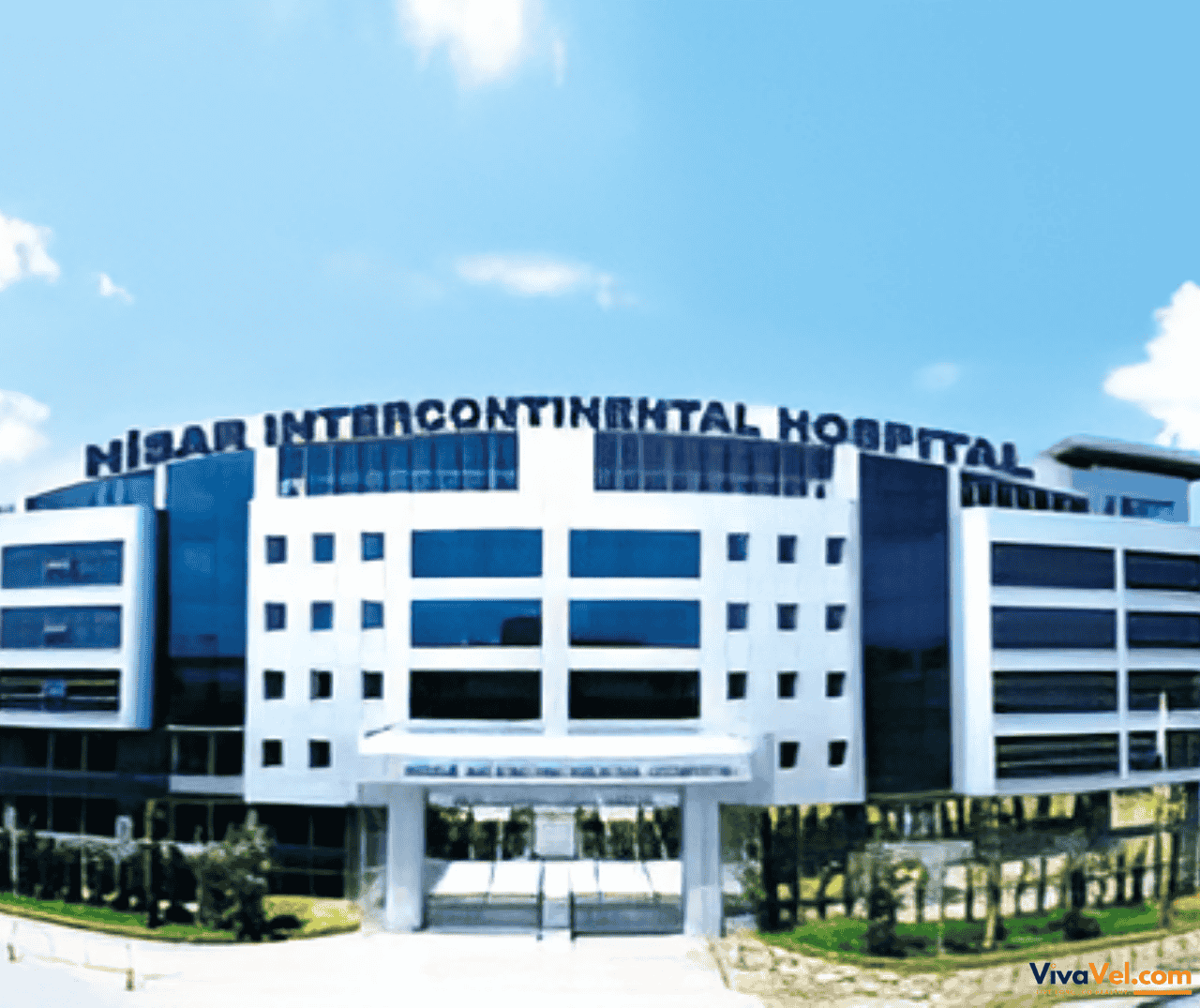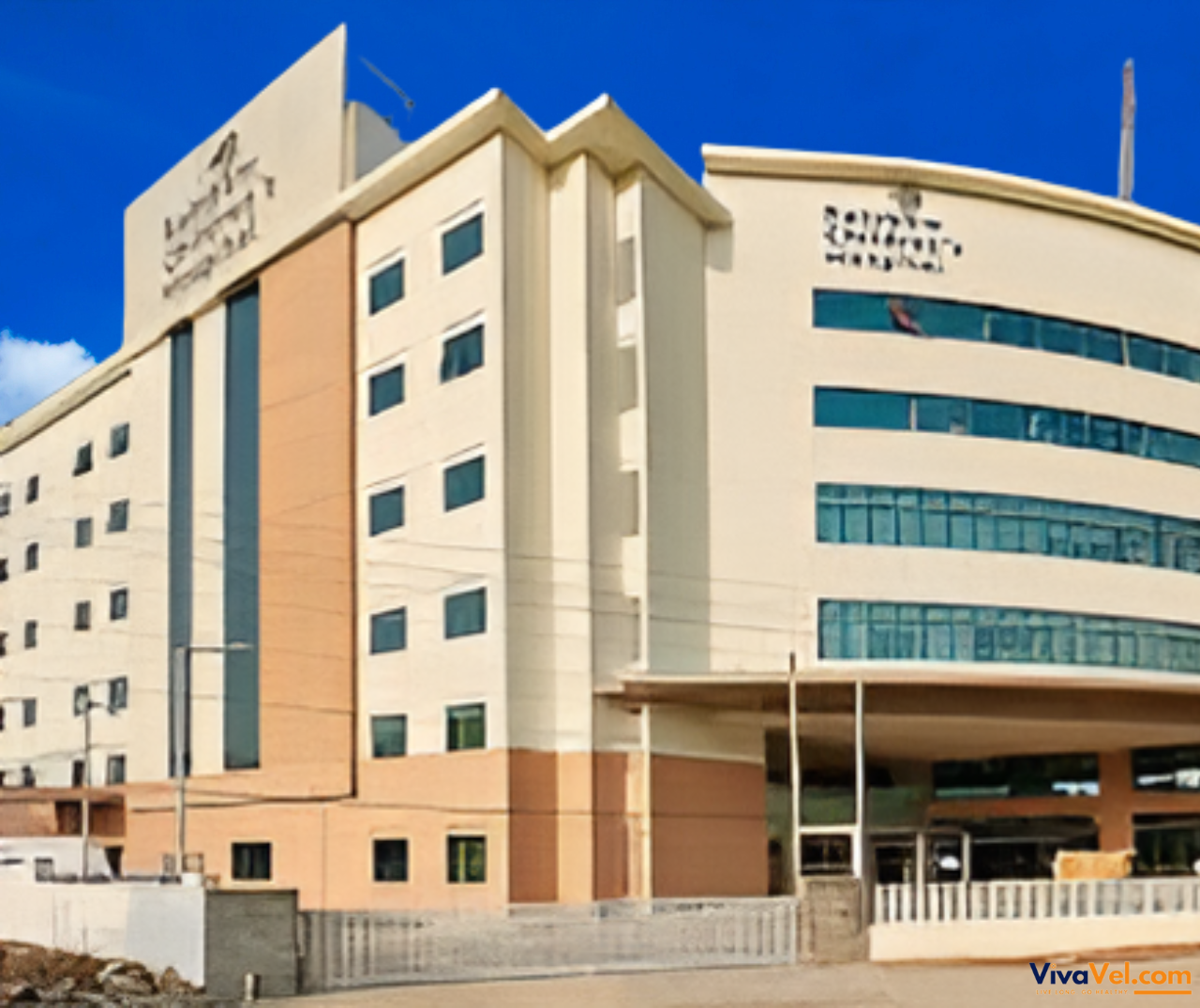
Home / Treatments / Carotid Endarterectomy
Multiple myeloma is a type of cancer affecting plasma cells, a type of white blood cell. Plasma cells usually help the body fight infections by making antibodies, but in multiple myeloma, these cells become cancerous. They start multiplying out of control, which crowds out healthy blood cells in the bone marrow. This can lead to issues like anemia, fatigue, and frequent infections.
In multiple myeloma, the cancerous plasma cells also produce abnormal proteins. These proteins can damage different parts of the body, especially the bones and kidneys. Bones may become weak or even break easily, which is why people with multiple myeloma often experience bone pain or fractures. These abnormal proteins can also damage the kidneys, leading to kidney problems or failure.
Though the cause of multiple myeloma is not fully known, factors like age, family history, and certain chemical exposures may increase the risk. Treatments can include chemotherapy, radiation, and bone marrow transplants, which aim to control the disease and improve quality of life. However, there is no complete cure for multiple myeloma yet, and treatments focus on managing symptoms and slowing the progression of the disease.
 Symptoms of this condition may vary but often include the following:
Symptoms of this condition may vary but often include the following:
 While the exact cause of multiple myeloma is not fully understood, certain factors can contribute to its development:
While the exact cause of multiple myeloma is not fully understood, certain factors can contribute to its development:
 You should consult a doctor if you experience:
You should consult a doctor if you experience:
 Several factors are associated with an increased risk of developing multiple myeloma, including:
Several factors are associated with an increased risk of developing multiple myeloma, including:
 To diagnose multiple myeloma, doctors may use a combination of the following tests:
To diagnose multiple myeloma, doctors may use a combination of the following tests:
 Treatment for multiple myeloma depends on the stage of the disease and the patient's overall health. Common treatments include:
Treatment for multiple myeloma depends on the stage of the disease and the patient's overall health. Common treatments include:
 Do's:
Do's:
 Don'ts:
Don'ts:
NOTE:
Our medical content authors have diligently gathered and synthesized information on this topic to offer valuable insights to our readers. Drawing from a range of reputable medical journals and health resources, this content aims to enhance understanding of the subject. It's important to remember that while this information is informative, it should not replace personalized consultation or treatment from a qualified physician. For further details, please refer to our Editorial Policy.
For this topic, our authors used some of the following resources:
By using our services, your hospital bill does not increase. In fact, on your behalf, we negotiate with hospitals to give you the Lowest Prices
Get ConsultationSTEP 1
Let us know your details and preferences. We maintain absolute data confidentiality. All your health records are safe, and privacy is maintained.
STEP 2
A dedicated counsellor will help you with the Best Hospital & Doctors at the lowest possible Prices.
STEP 3
While you decide on the treatment plan, we assist you with priority appointments, Visa, Documentation, Hotel & other Logistics.
STEP 4
Our team assists you with all your local requirements like Hospitalization, Hotel Stay, Transportation, Food, Forex, Lab Tests, Medicines, etc.
STEP 5
We ensure a smooth discharge process. We also assist you in tallying your bills at the hospital, all necessary documentation, and your return trip.


Gleneagles Hospital is a premier private healthcare institution in Singapore.
It is known for its commitment to medical excellence and patient-centered care.
With a history spanning over six decades, the hospital combines advanced medical technology with a team of experienced healthcare professionals to deliver comprehensive medical services across various specialties.
Its strategic location and wide range of services make it a preferred choice for local and international patients seeking quality healthcare.


Farrer Park Hospital is a next-generation private tertiary healthcare facility in Singapore, known for its patient-centric philosophy, cutting-edge technology, and innovative care model. Opened in 2016, the hospital is uniquely located within Connexion, Asia’s first integrated healthcare and hospitality complex, which also houses a luxury hotel and specialist medical centre.
The hospital is designed to support seamless collaboration between medical professionals and enhance the patient healing experience, blending medical excellence with personalized service.
Farrer Park Hospital sets itself apart with its forward-thinking infrastructure, paperless systems, smart-room technologies, and commitment to transparency, comfort, and value in healthcare.
Farrer Park Hospital offers a truly modern, holistic care environment backed by a dedicated team of over 300 accredited specialists, whether for residents or international patients.


Established in 1996, Gleneagles Hospital Kuala Lumpur (GKL) is a premier tertiary care hospital in the heart of Malaysia's capital.
As part of the IHH Healthcare network, GKL has built a reputation for delivering high-quality medical services, combining state-of-the-art technology with compassionate care.
The hospital has been recognized locally and internationally for its commitment to excellence in healthcare.


Prince Court Medical Centre is a premier private healthcare facility in Kuala Lumpur, Malaysia.
Established in 2007, the hospital is renowned for its commitment to delivering personalized care, advanced medical technology, and a patient-centric approach.
With a vision to be the most trusted and exclusive hospital in Asia, Prince Court offers comprehensive medical solutions, ensuring patients receive treatments under one roof from a team of dedicated specialists.


Established in 1974, Pantai Hospital Kuala Lumpur (PHKL) is a premier private healthcare facility in the heart of Malaysia's capital. As the country's first local private hospital, PHKL has grown from a modest 68-bed facility to a 499-bed tertiary hospital, offering various medical and surgical services.
With over 200 consultants specializing in multiple disciplines, PHKL is committed to delivering exceptional care and cutting-edge technology to patients from all backgrounds.
_4.png)

ParkCity Medical Centre (PMC), established in 2012, is a 300-bed multidisciplinary private hospital in Desa ParkCity, Kuala Lumpur.
Operated under the Ramsay Sime Darby Health Care Group, PMC emphasizes evidence-based medical practices and the integration of advanced clinical technologies.
Staffed by experienced healthcare professionals, the hospital provides a continuum of care—from primary consultations to specialized tertiary procedures—while adhering to international patient safety and quality standards.


Established in November 1999, Sunway Medical Centre (SMC) is a leading private quaternary hospital in Malaysia, located in the integrated township of Sunway City.
With a commitment to clinical excellence, community care, and pioneering innovation, SMC has become one of the country's largest private hospitals.
The hospital offers comprehensive medical services, advanced medical technologies, and a patient-centric approach to care.


Established in 2015, Dr. Sulaiman Al Habib Hospital in Dubai is part of the renowned Dr. Sulaiman Al Habib Medical Group (HMG)—the largest private healthcare provider in the Middle East.
Strategically located in Dubai, the hospital offers advanced, specialist-driven, multidisciplinary medical services to patients across the UAE.
Known for its commitment to clinical excellence and patient-centered care, the hospital has earned a strong reputation as one of the most trusted names in the region’s private healthcare sector.


Established in 2000, Memorial Şişli Hospital is the flagship facility of the Memorial Healthcare Group.
It was the first hospital in Turkey to receive Joint Commission International (JCI) accreditation, marking its commitment to international healthcare standards.
The hospital is renowned for its advanced medical technology, expert medical staff, and patient-centered care.
It serves local and international patients, offering services in multiple languages and facilitating medical tourism.


Founded in 2013, Liv Hospital Ulus has established itself as one of Istanbul’s leading private hospitals.
It is renowned for providing world-class healthcare in a luxurious, patient-focused setting.
The hospital is equipped with state-of-the-art medical technology and staffed by internationally trained specialists.
It delivers advanced diagnostics, specialized treatments, and fully personalized care.
As part of the Leading International Vision (LIV), Liv Hospital is dedicated to medical excellence and innovation. It is a trusted destination for local and international patients seeking high-quality healthcare in Turkey.


Established in 1920 by the American Red Cross and now operated under the prestigious Vehbi Koç Foundation, American Hospital, Istanbul, is one of Turkey’s most trusted and distinguished private healthcare institutions.
The hospital has evolved over a century of excellence into a modern, multidisciplinary facility offering world-class patient care focusing on compassion, innovation, and medical expertise.
With a commitment to continuous improvement, American Hospital integrates cutting-edge technology with internationally trained medical professionals to deliver personalized healthcare experiences.
Its reputation for excellence extends globally, making it a preferred choice for local and international patients seeking top-tier medical services in a patient-centered environment.


I.A.U VM Medical Park Florya Hospital is a premier private healthcare institution in Istanbul, Turkey.
Established in 2017 as a collaboration between Istanbul Aydın University and the Medical Park Group, the hospital serves as both a treatment center and a university teaching hospital.
It reflects a fusion of academic knowledge and clinical excellence, delivering high-quality care across various specialties.
The facility was designed to provide a patient-centered experience, combining modern medical infrastructure with personalized care.
As a JCI-accredited hospital, it follows strict international standards in healthcare quality and patient safety.
With its strategic location in Florya and strong international patient services, the hospital is preferred for domestic and medical tourism patients seeking advanced and reliable treatment in Turkey.


Established in 2006, Hisar Intercontinental Hospital is a premier multi-specialty medical center in Ümraniye, Istanbul.
Accredited by the Joint Commission International (JCI), the hospital is renowned for its commitment to delivering high-quality healthcare services.
With 53 specialized departments, Hisar Intercontinental Hospital offers a wide range of medical services, attracting local and international patients seeking advanced treatment options.


Medical Park Hospitals Group is Turkey’s largest private healthcare chain. Founded in 1993, it has become a trusted name in advanced patient care and medical innovation.
With over 27 hospitals and 6,000 healthcare professionals, the group operates under a “health for all” philosophy, providing world-class services to Turkish citizens and international patients.
Several Medical Park facilities collaborate as academic hospitals with top Turkish universities, ensuring continuous medical research, education, and innovation.
Many of its hospitals are JCI-accredited, reflecting their adherence to international patient safety and healthcare delivery standards.
_3.png)
University Hospital Düsseldorf (UKD) is a premier academic medical center affiliated with Heinrich Heine University.
Established in 1907, it is the largest hospital in North Rhine-Westphalia, offering comprehensive medical services across 34 clinics and 30 institutes.
UKD is renowned for integrating patient care with cutting-edge research and education.
It serves approximately 60,000 to 300,000 outpatients annually.


Opened in 2015, Rainbow Children's Hospital in Marathahalli is part of the well-known Rainbow Hospitals network, which has been caring for women and children since 1999.
This hospital is designed as a one-stop centre for advanced care for mothers and children.
It's fully NABH-accredited and offers a comprehensive range of services, including newborn intensive care (NICU), pediatric intensive care (PICU), specialized pediatric surgeries, maternity services, and fertility treatments—all under one roof.
Whether it's a premature baby requiring critical care or a mom-to-be seeking expert support, Rainbow Marathahalli brings together skilled doctors, modern technology, and a comforting environment to ensure every family feels safe and supported throughout their journey.

Senior Consultant
21 Years Experience
Medical Oncology | Hematology

Unit Head of Hemato-Oncology
13 Years Experience
Hematology | Bone Marrow Transplantation | Hemato-Oncology

Senior Director - Oncology
14 Years Experience
Oncologist | Hematologist

Consultant
25 Years Experience
Haematologist

Senior Consultant
16 Years Experience
Hematologist & Transplant Specialist

Vice Chairman
29 Years Experience
Haemato-Oncology & Bone Marrow Transplant

Director - Haemato-oncology and Bone Marrow Transplant
28 Years Experience
Haemato-Oncology & Bone Marrow Transplant

"VivaVel" has truly made a life-changing impact on our lives during a challenging time. My wife was diagnosed with Polycystic Ovarian Disease (PCOD), and despite consulting three different doctors in Bangladesh, we were unsatisfied and uncertain about the way forward. It was a confusing and challenging phase until a friend recommended VivaVel.
From the moment "I contacted them", VivaVel provided exceptional support and guidance. They arranged telemedicine consultations with two renowned international doctors, giving us the confidence to make an informed decision. After careful consideration, we selected one of the doctors for my wife's treatment.
VivaVel's assistance went above and beyond our expectations. They helped us with critical processes like obtaining a medical visa invitation letter, visa processing, and coordinating my wife's admission to "Artemis Hospital" in Delhi. They even suggested comfortable accommodations for me as a patient attendant.
What truly stood out was their unwavering support throughout our journey. The "VivaVel team" was always just a phone call away, offering guidance and reassurance during our stay in Delhi. Their professionalism and dedication to helping patients and their families are truly commendable.
I am incredibly grateful for the care and support from "VivaVel." They were a beacon of hope for us during this difficult time, and I sincerely hope they continue their outstanding service to help more needy patients.
Thank you, "VivaVel," for being there for us every step of the way!
Mr. Hoque, Dhaka, Bangladesh
Patient name: Shanta Islam, Dhaka, Bangladesh.

Note : VivaVel does not provide medical advice, diagnosis or treatment. The services and information offered on www.vivavel.com are intended solely for informational purposes and cannot replace the professional consultation or treatment by a physician. All Copyrights are reserved with VivaVel. VivaVel does not allow copying and cloning of its webpages and contents. VivaVel reserves the right to follow the legal procedures to protect its intellectual property.
Copyright © 2025 VivaVel.com . All Rights Reserve.





